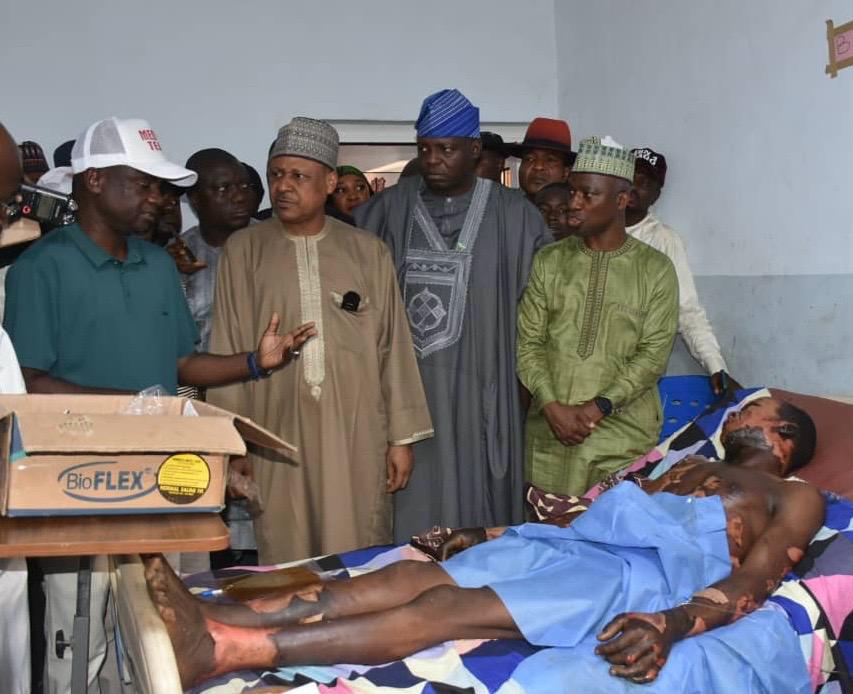At least 14 persons lost their lives and 10 are on admission in hospitals , 320 others treated as a result of cholera outbreak in Niger State, reports Business Today NG.
The Niger Commissioner for Primary Health Care, Dr Ibrahim Ahmed Dangana made this disclosure on Wednesday while speaking during a live radio programme tagged Media Chat, organised by the State Ministry of Information and Strategy explained that the situation has been brought under control.
According to Dangana, 10 persons are on admission across the state, adding that water treatment kits and other consumables donated by UNICEF have been distributed to over 14,000 households to curtail the outbreak.
The commissioner disclosed that 14 deaths have so far been recorded and, out of the 327 patients hospitalised, fewer than 10 remain on admission across the state for cholera.
“After the outbreak, the state immediately activated the State Inter Sectoral on Emergency Preparedness and Response; the Emergency Operation Centres, in the state and activated the Disease Surveillance Systems in the 274 wards and communities across 25 LGs of the state.
“We identified isolation centres and similarly, we have what we call Cholera Treatment Units, CTU, in all the 25 LGAs across the state and these have really helped us in curbing the spread.
“The ministry, with support from various MDAs and partners like UNICEF, was very active and I can tell you that we are winning the battle against cholera.” Dangana said
He added that the ministry has embarked on aggressive sensitisation by reaching out to over 16,000 people, including schoolchildren, markets, and religious and traditional institutions, to create awareness about the disease.
Speaking on the development, the Health Specialist, UNICEF Kaduna Field Office, Dr Idris Baba, explained that the supplies provided so far are sufficient to treat all cases currently identified and admitted in the state.
Baba disclosed that some of the items include community and periphery AWD kits, cholera kits, 40 cholera beds, Ringer’s lactate, normal saline with giving sets, antibiotics, scrubs, disposable gowns, heavy-duty and surgical gloves, boots, water purification tablets, chlorine solutions, calcium hypochlorite, and water and stool testing RDTs.











